America Has Stood by Saudi Arabia Through Countless Crises
Riyadh has enjoyed a special relationship with Washington from the time President Franklin Roosevelt met with King Abdul Aziz in 1945.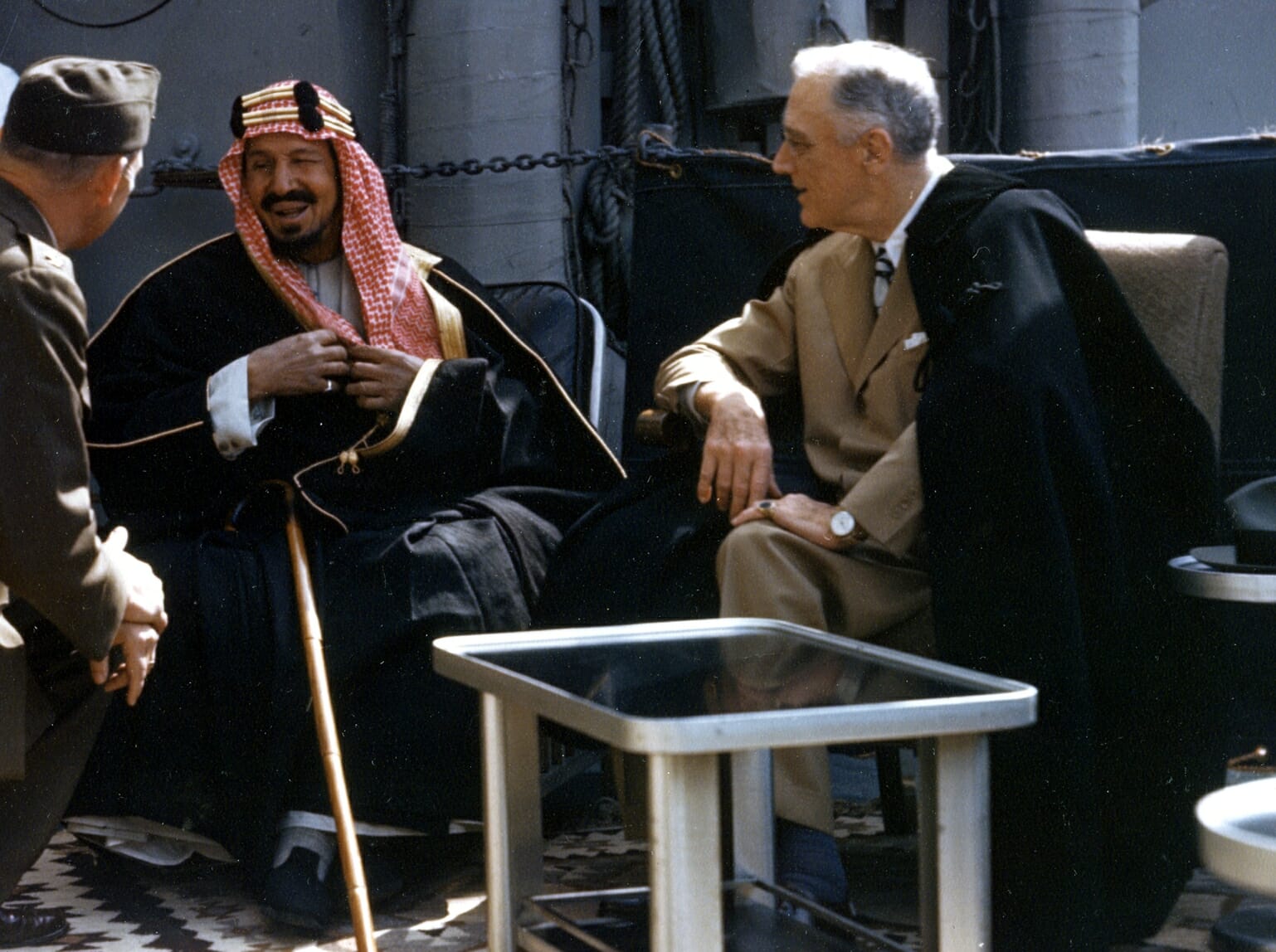 President Franklin D. Roosevelt meets King Abdul Aziz of Saudi Arabia. (Wikimedia Commons)
President Franklin D. Roosevelt meets King Abdul Aziz of Saudi Arabia. (Wikimedia Commons)
LONDON — The kingdom of Saudi Arabia has enjoyed the ultimate protected status from the United States throughout its short history.
Riyadh has had a special relationship with the U.S., from President Franklin D. Roosevelt meeting Saudi Arabia’s first King Abdul Aziz on Valentine’s Day in 1945 to the kingdom becoming America’s main Mideast ally following the downfall of Iran’s shah in 1979.
Israel, Jordan and Egypt — sworn enemies who later signed peace deals — as well enjoy such a special status with the U.S. But none are the world’s top supplier of crude oil, able to swing the global energy market.
With Secretary of State Mike Pompeo hastily dispatched on a damage-limitation mission to Riyadh, behind-the-scenes efforts are in full flow to preserve the Saudi-U.S. relationship in the wake of the disappearance and alleged killing of Saudi journalist Jamal Khashoggi.
Some initial comments from President Donald Trump suggested a strong desire to get to the bottom of the globally followed case as furor gained in intensity, with “severe punishment” threatened for any egregious act.
On Monday a new tale began to emerge: Trump floated the idea without publicly presenting any evidence that “rogue killers” were behind the possible assassination.
Realpolitik kicked in and the new arc of the story sounded distinctly written, directed and produced by the ultraconservative Saudi hierarchy, where no decision of any weight is made without the authority of the ruling Al Saud family.
Khashoggi, a contributor to the Washington Post, is well known and thought of in the halls of power — a face respected in many quarters to put to an alleged crime. That alone may have propelled the outrage surrounding his disappearance.
What binds Washington and Riyadh with such fervency and kinship, and why have previous perceived Saudi outrages not caused such seismic ripples?
IRAN, THE GULF AND BEYOND
From the moment Ayatollah Khomeini’s plane circled above Tehran in February 1979, heralding the return from Paris of the exiled cleric who founded the Islamic Republic, new regional lines were drawn in the sand.
Khomeini cast America as the “Great Satan,” the U.S. Embassy hostage crisis and a failed rescue followed, effectively torpedoing President Jimmy Carter’s hopes for re-election. Iraq, led by Saddam Hussein with Saudi money funding the effort, then launched a ruinous war with Iran that spanned most of the decade.
Saudi Arabia was the first among American’s Persian Gulf friends in times of trouble. When Saddam invaded Kuwait and the royal family fled to Saudi Arabia until the U.S. invaded and removed Iraqi forces, Saudi Arabia played host to American forces on its bases. This infuriated many in the Arab world given the Saudi monarchy’s custodianship of Islam’s two holiest sites in Mecca and Medina.
Ties were especially close between King Fahd and his successor King Abdullah with President George W. Bush. That’s even after Osama bin Laden’s al-Qaida launched the Sept. 11 attacks, in part over America’s military presence in the kingdom. Saudi support for the 2003 Iraq War was less fulsome publicly, but logistical support remained undimmed.
Saudi Arabia, along with Israel, was most opposed to the thaw in relations between Tehran and Washington that led to the nuclear deal. Crown Prince Mohammed bin Salman, now at the center of the Khashoggi crisis, alleged by some to be its guiding bloody hand, spoke loudest, calling Iran’s ayatollah a modern-day Hitler. Candidate Trump had railed against one of former President Barack Obama’s signature geopolitical successes, and the nuclear accord was duly ripped up by President Trump.
The U.S. also stood by Saudi Arabia in the war it is prosecuting with Gulf allies against neighboring Yemen. With civilians bombarded and killed and famine spreading, questions have resurfaced about what some detractors of the young crown prince have termed a reckless and bloody adventure.
OIL TO SELL AND WEAPONS TO BUY
When Saudi state media lashed out as Trump’s stance took a briefly harsher tone, a state-linked satellite news channel suggested the kingdom could use its oil production as a weapon.
Benchmark Brent crude is trading at around $80 a barrel, and Trump has criticized OPEC and Saudi Arabia over rising prices. Higher oil prices mean higher gas prices for Americans who vote. Critical mid-term elections are only three weeks away.
America has long been a major importer of Saudi oil and things haven’t always been roses. In 1973, OPEC, with Saudi Arabia a key member, imposed an embargo lasting five months against Washington in and around the 1973 Middle East War as a punishment for Washington’s backing of Israel. The world economy, already in recession, reeled. Key stakeholders want to avoid such an oil crisis ever recurring.
The Saudis are keen buyers of American weapons, using them in the Yemen War. The Trump administration says a proposed $110 billion deal would bolster the U.S. economy by creating tens of thousands of jobs and they do not want to risk that contract. But with Khashoggi feared dead, some want that transaction revisited. Congress could step in and try to obstruct the sale.
9/11 AND THE SAUDI ATTACKERS
Fifteen of the 19 Sept. 11 hijackers were Saudi citizens. Much has been said of the Bush administration’s decision to apportion no blame to the kingdom. The uncomfortable truth that Wahhabism, the ultraconservative Islamic doctrine Saudi Arabia follows, has been linked to extremists at home and overseas has been carefully navigated by Washington and Riyadh.
ACCOUNTABILITY FOR HAJJ STAMPEDE
An Associated Press count in 2015 found that 2, 411 Muslim pilgrims died at Mina in the deadliest crush in the history of the annual pilgrimage. This was three times the number of deaths acknowledged by the kingdom. There has been neither a public investigation, nor accountability.
Saudi Arabia rebuffed criticism from Iran and efforts by other countries to join a probe into the deaths. And while King Salman did order an investigation into the tragedy almost immediately, few details have been made public since. The matter has since long drifted from public discourse. Something the Saudis will perhaps hope follows after the Khashoggi storm passes.
Your support is crucial…With an uncertain future and a new administration casting doubt on press freedoms, the danger is clear: The truth is at risk.
Now is the time to give. Your tax-deductible support allows us to dig deeper, delivering fearless investigative reporting and analysis that exposes what’s really happening — without compromise.
Stand with our courageous journalists. Donate today to protect a free press, uphold democracy and unearth untold stories.
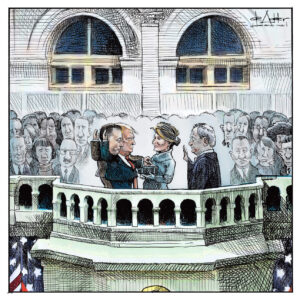

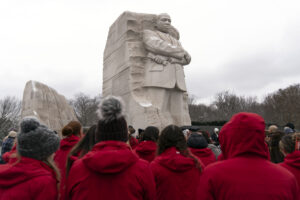
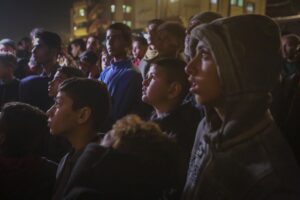

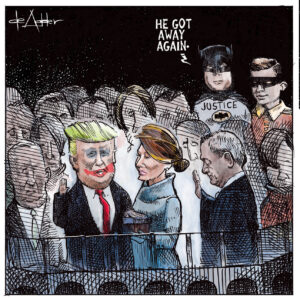
You need to be a supporter to comment.
There are currently no responses to this article.
Be the first to respond.